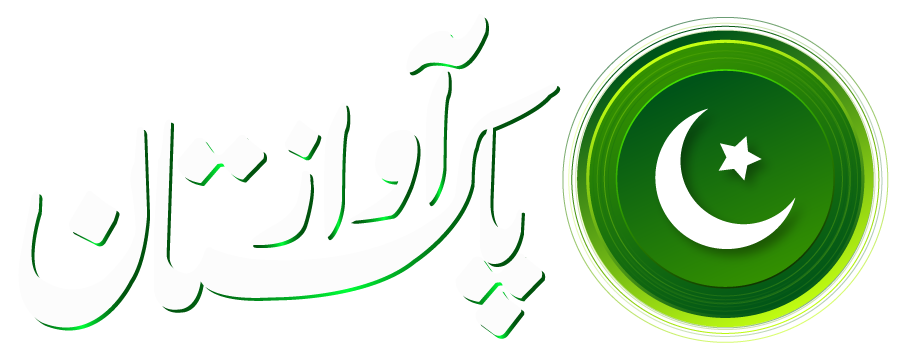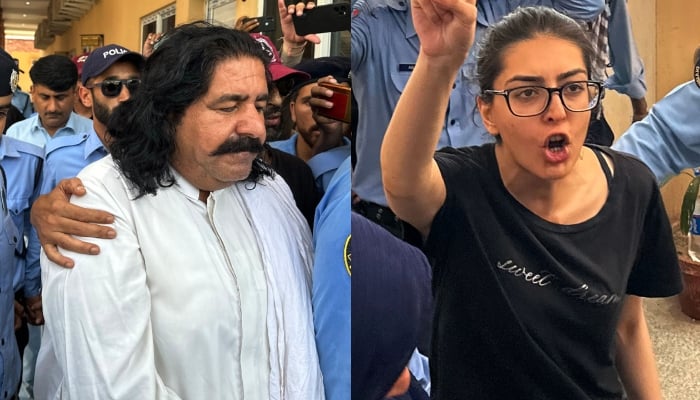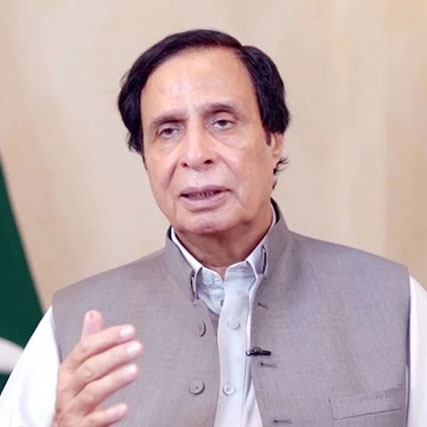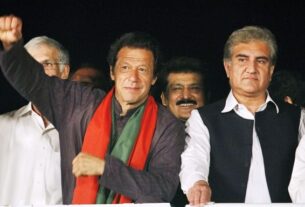Significant questions concerning Pakistan’s democratic norms and human liberties have been raised by the Islamabad Police’s sudden imprisonment of politician Ali Wazir and activist Imaan Mazari. This development has sparked political debate, public indignation, and worldwide attention.
Imaan Mazari and Ali Wazir, two well-known individuals, taken into custody by the Islamabad Police on. Both are well-known for supporting political and human rights improvements. Calls for justice and outrage have been triggered by the arrests, which made without warning. As civil society mobilizes to comprehend the reasons behind these detentions, social media is ablaze with calls for accountability and transparency.
2. Who Are ?
Mazari Imaan
Human rights advocate and attorney Imaan Mazari well known for her unafraid critique of practices that she believes to be anti-democratic. Imaan, the daughter of former Federal Minister Shireen Mazari, has made a name for herself by supporting causes like free speech and minority rights.
Wazir Ali
A strong supporter of the Pashtun Tahafuz Movement (PTM), Ali Wazir is a member of the National Assembly from South Waziristan. Wazir, who is well-known for his tenacity and commitment to underrepresented groups, has regularly clashed with influential institutions over matters of human rights and governance.
3. The Arrests’ Chronology
First Reports
Police allegedly showed up at their homes without warning during the early hours of , when the detentions took place. According to eyewitnesses, there was a significant security presence during the operation.
Official Declaration
The Islamabad Police later that day released a brief statement stating that the arrests made mostly due to “security concerns.” But the absence of specific accusations has left the public wondering about hidden agendas.
Historical Background: Pakistan’s Freedom of Speech
The history of political opposition and freedom of expression in Pakistan complicated. The current state of affairs reminiscent of previous cases in which dissenting opinions silenced.
Notable Cases
Intimidation of journalists and activists
suppression of nonviolent demonstrations
Laws enacted to suppress dissent in the name of national security




